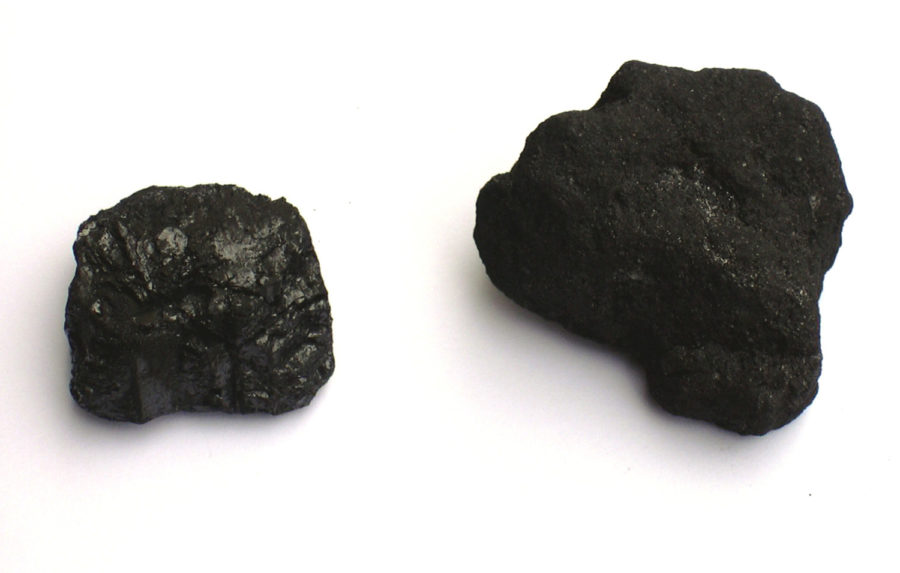Editorial: To protect Mon Valley, U.S. Steel must change
Coke is used as fuel for iron ore smelting and metalworking processes.
January 18, 2019
A fire last December at U.S. Steel Corp.’s Clairton Coke Works inflicted significant damage to the plant and destroyed parts of its coke gas feed operations. The facility fire sent sulfur dioxide levels soaring, violating air quality standards six times following the fire, and triggered a health department advisory for residents of 22 Mon Valley communities to limit outdoor activity.
These pollution violations follow a long string of pollution violations stretching back to 1979, and each violation resulted in a major settlement. But after each settlement, the plant inevitably failed the new requirements. With the health of local residents at stake, U.S. Steel must finally commit to improving the coke plant’s track record.
U.S. Steel has already identified the likely source of the fire and started repairs, but these measures neglect the most vulnerable to the fire: the residents of Mon Valley. The sulfur dioxide emissions from the plant are known to worsen respiratory and cardiovascular disease like asthma. Two weeks after the fire, five of 14 Clairton High School students participating in asthma clinic exams experienced decreased lung function at a time of the year when breathing problems usually don’t occur.
The coke plant isn’t condemned to continually fail pollution regulations set by the Allegheny County Health Department. U.S. Steel can and should pursue changes in equipment and practices to improve the health of local residents and avoid costly settlements.
“We’re just not seeing that dedication to maintain the facility and maintain just good, basic operational practices,” Jim Kelly, deputy director of environmental health at the Allegheny County Health Department, said to NPR.
Some equipment in the plant dates back to the 1950s, and while the company claims it has invested in retrofitting equipment, it continues to resist calls to replace old equipment to meet the health department’s requirements.
“I mean, I guess you could always say new is better, but new is very, very expensive,” said Chip Babst, an attorney for U.S. Steel, to NPR.
U.S. Steel is digging in its heels at the prospect of replacing old equipment to reduce harmful emissions, but the Allegheny County Health Department is pursuing a new strategy to encourage change. Instead of merely fining U.S. Steel, the health department is threatening to idle two sets of coke ovens if the plant’s violations continue.
The change in the health department’s strategy is warranted. Just four months after U.S. Steel was fined $1 million for pollution violations, it was fined another $620,316 last October for additional violations — a clear demonstration of the limited impact fines are having.
The health department’s threat has certainly caught U.S. Steel’s attention. The company is appealing the order to idle parts of the plant in the face of continued violations.
“To be honest, I would have to characterize it as aggressive and adversarial,” said Babst to NPR.
Air quality in the county is among the worst in the country, and past attempts to fine U.S. Steel into compliance have failed. The health department’s aggressive and adversarial approach may just be the push that U.S. Steel needs to take its pollution seriously.








